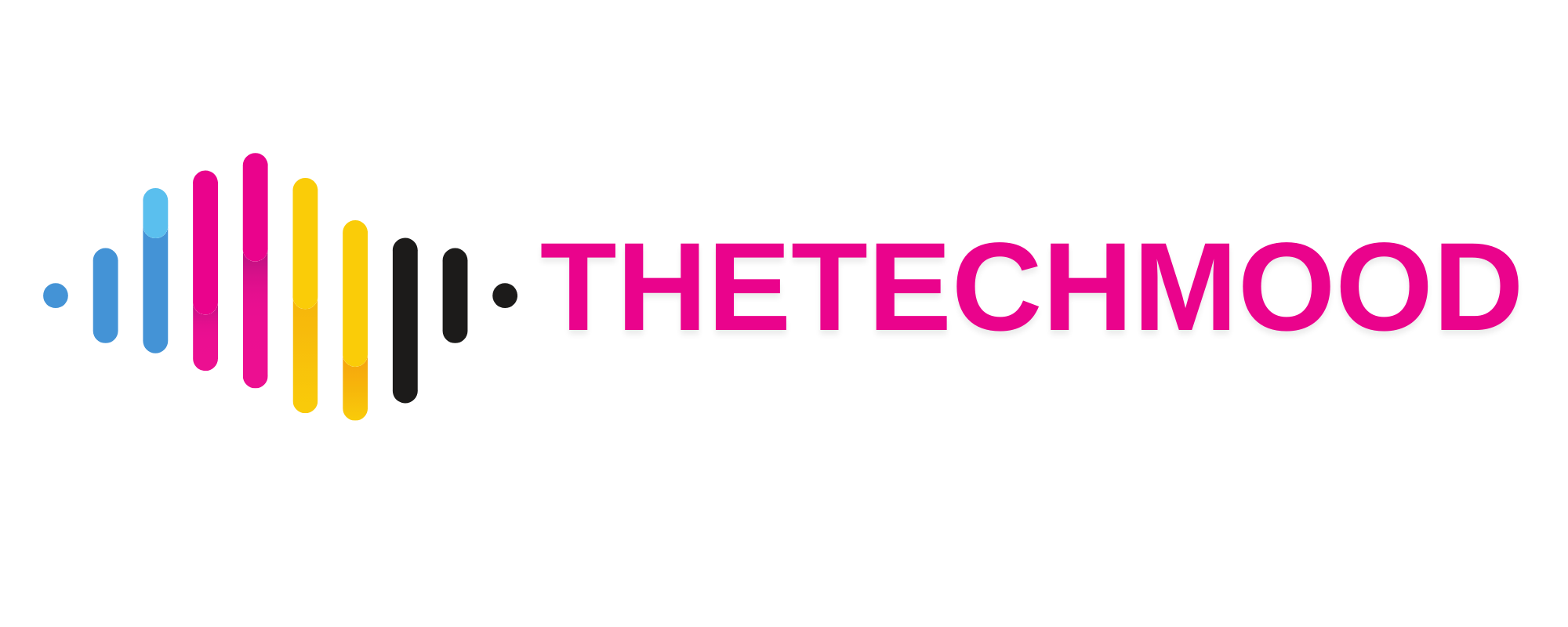The Role of Blockchain in Transforming Digital Transactions and Trust

Blockchain technology is revolutionizing digital transactions by introducing a new level of security and trust. Originally developed for cryptocurrencies like Bitcoin, blockchain's decentralized ledger system offers numerous applications across various industries.

At its core, blockchain is a distributed ledger that records transactions in a secure, transparent, and immutable manner. Each transaction is verified by a network of nodes and added to a chain of previous transactions, making it nearly impossible to alter without consensus from the entire network. This ensures data integrity and builds trust among participants.

In finance, blockchain is streamlining processes and reducing fraud. Traditional banking systems involve multiple intermediaries, leading to delays and increased costs. Blockchain eliminates the need for intermediaries by allowing peer-to-peer transactions, resulting in faster and cheaper financial services. Additionally, smart contracts—self-executing contracts with the terms directly written into code—automate and enforce agreements, reducing the potential for disputes.

Supply chain management is another area where blockchain is making a significant impact. By providing end-to-end visibility, blockchain ensures that every step of the supply chain is recorded and verifiable. This transparency helps combat counterfeiting, ensures product authenticity, and improves overall efficiency.

Healthcare also benefits from blockchain's secure data management. Patient records can be securely stored and shared among authorized healthcare providers, enhancing patient care and reducing administrative burdens. Furthermore, blockchain's immutable nature ensures that patient data is tamper-proof and reliable.
Despite its potential, blockchain faces challenges such as scalability and regulatory uncertainty. However, ongoing advancements and increasing adoption suggest that these hurdles will be overcome. As blockchain continues to evolve, its role in transforming digital transactions and fostering trust is set to grow, making it a cornerstone of the digital economy.


